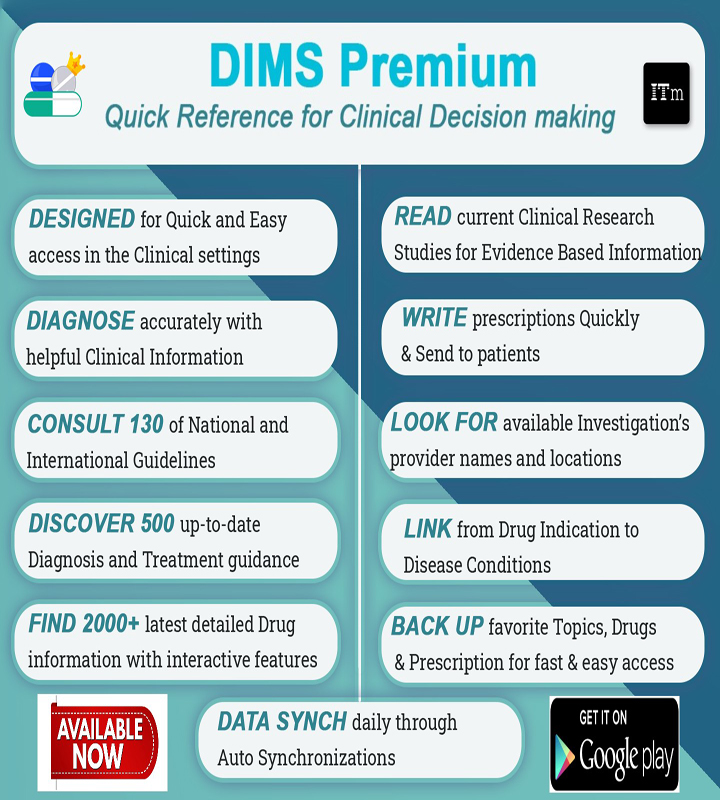Current and Emerging Treatment Options for Premature Ejaculation
Nature Reviews: Urology: Published on August, 2022
Premature ejaculation (PE) is a prevalent and common male sexual dysfunction.
The first treatment
modalities for PE were with psychotherapy focussing on the sexual relationship
and anxiety related to sexual satisfaction with a partner. The use of sexual psychology can play a role in the treatment of PE, often when added to medical therapies.
Current standard treatment regimens include behavioural
therapies, topical anaesthetics, dapoxetine and other selective serotonin
reuptake inhibitors (SSRIs). Most of the pharmacotherapeutic options target
neurotransmitters (such as serotonin and oxytocin) that have a role in the
ejaculation mechanism.
However, these treatments are mildly effective and only temporarily delay the ejaculation latency time, and Premature
ejaculation (PE) recurs when the treatment is stopped.
Thus, a treatment for PE is urgently needed and research is ongoing to find the ideal PE therapy. An increasing number of studies aiming to find an ideal treatment for premature ejaculation are in progress.
TAKE-HOME MESSAGE
The authors performed a review to outline the treatment
options for premature ejaculation — a diagnosis that urologists often
encounter. Both preclinical and clinical studies on new-generation SSRIs are
ongoing.
Moreover, promising results came from clinical trials in which the efficacy of on-demand PE therapies targeting neurotransmitters other than serotonin, such as α1-adrenoceptor antagonists (Silodosin, Terazosin) and oxytocin antagonists (Cligosiban) was assessed.
The efficacy and safety of topical anesthetics such as lidocaine, prilocaine or benzocaine, alone or in association and SSRIs (Paroxetine, Dapoxetine, Clomipramine) in delaying ejaculation have been confirmed in many well-designed controlled trials.
Preliminary results of trials with
pharmacotherapies targeting other neurotransmitters, such as adrenaline and
oxytocin, are promising.
Surgical intervention and neuromodulation have been proposed
as potential treatment options for PE; however, current premature ejaculation
guidelines do not recommend these treatments owing to safety concerns.






Comments
You must login to write comment